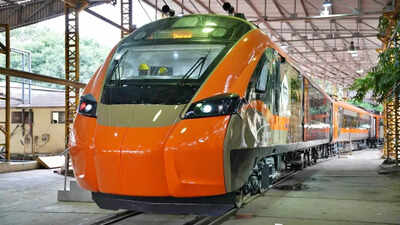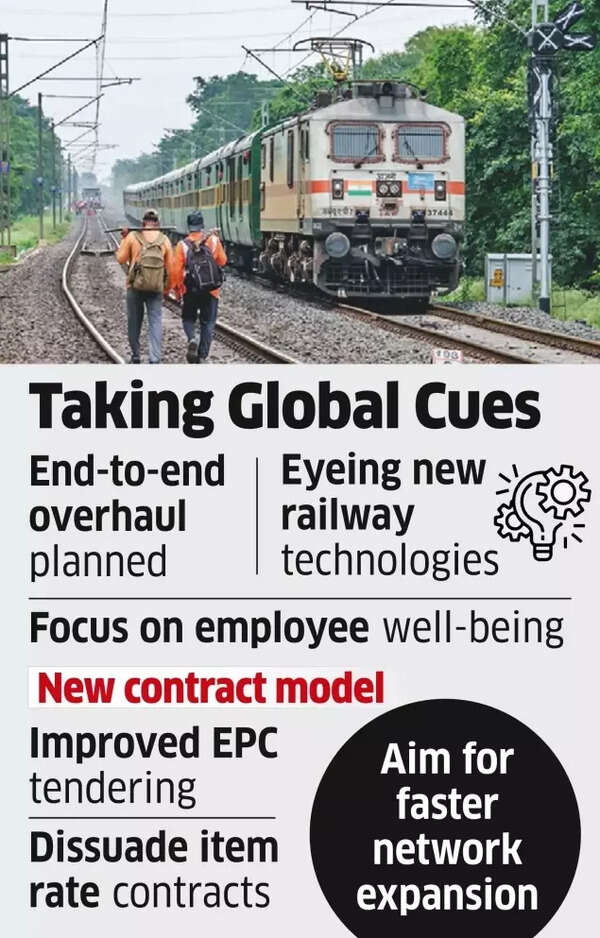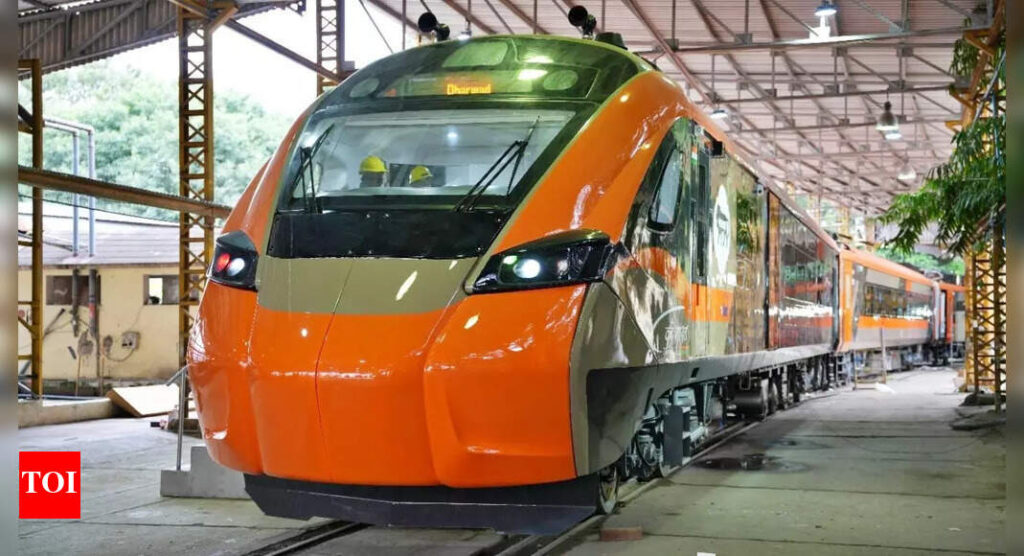
Indian Railwaysis conducting a comprehensive assessment of global technologies to transform its operations and services completely, according to officials. The railway networks of Russia, Germany, Switzerland, France and Spain are under consideration for potential adaptation to suit Indian conditions.The study also encompasses protocols for staff mental wellbeing and operational procedures.
The assessment is set to conclude in the current fiscal year, following which decisions regarding the implementation of new technologies for the national transport system will be finalised, officials told ET.
“Best practices and equipment around the world are being assessed for indigenisation as well as adoption,” a senior official told the financial daily, stating that they are examining real-time monitoring and control systems, alongside working conditions for essential personnel like locomotive drivers.
The organisation plans to enhance its infrastructure through focused efforts on engineering, procurement and construction (EPC) contracts.

Taking Global Cues for Indian Railways
Indian Railways has traditionally depended on item rate contracts for construction projects. Under this system, authorities provided comprehensive designs and quantity estimates for various work items. Contractors received payments according to measurements of completed work for each item.
“Item rate contracts are prone to excessive time and cost overruns,” said a second official, adding that in May last year, the railways decided to completely switch to EPC tendering for new line, gauge conversion, doubling, large colonies, workshops and important bridges.
The previous system faced criticism due to design and drawing delays, variations in items and quantities, and insufficient funding allocations.
Also Read | Delhi to Jaipur in just 2.5 hours with new link on Delhi-Mumbai expressway soon! Details here
“The growing requirements of the economy will necessitate faster expansion of the freight network through new capacity creation,” the official said.
A finalised standard EPC agreement now transfers project-related risks to the contractor, including soil conditions, weather factors, and commercial and technical aspects of design and construction.














